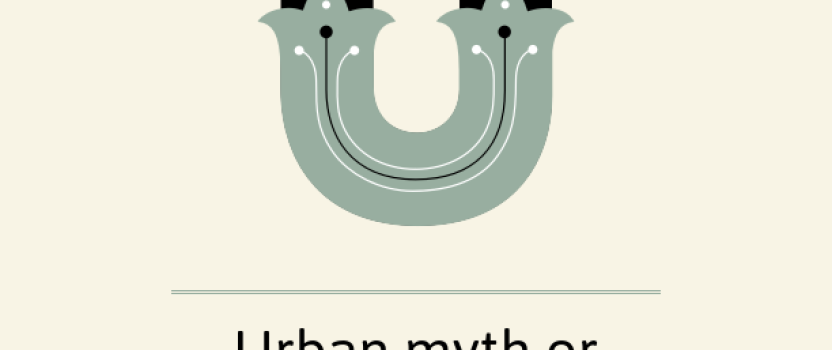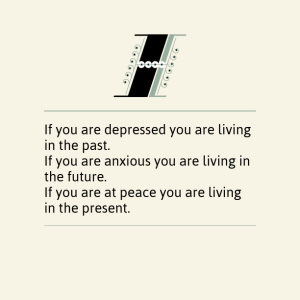Urban myth or reality or does it really matter?
The other day, my husband sent me a quote that was supposedly from Lao-Tzu, which was as follows
<a href="http://www.dyanburgess potenzpille cialis.com/wp-content/uploads/2015/08/Ifyouaredepressed.png”>
I found the quote interesting and then decided to research the origin of this quote. What I found was that perhaps this quote was not really written as it stated and that it has become an urban myth.
Then I wondered whether or not it really mattered that Lao-Tzu had been misquoted and if the thought helps people face their day-to-day activity or move into a better stream of consciousness than the fact that the quote is incorrect does not really matter?
I am sure there are people who will suggest that it does matter while others will simply say it helped them and they have moved along.
The larger concern here is what other information is consistently incorrect on the internet that people accept for fact.
What happens when part of your story is taken out of context and put somewhere else?
Will it be used in a positive way?
Will it be used in a negative way?
As an author, will you care?
I have read mixed commentary from authors about the breach of copyright in today’s internet age. In particular, Dan Ariely discusses the pirating of his books in the book, The Honest Truth about Dishonesty. He says something along the lines, that he is not dependent on book sales for his income, however I guess it becomes a more fundamental issue about disrespect for other people’s hard work.
Also, if the entire thought process is not detailed and just snippets are taken, does the information get taken out of context and therefore change the fundamental meaning of the content anyway?
This should not stop an author from writing. This is a little reminder of some of the thoughts that you need to consider in the business of being an author.





